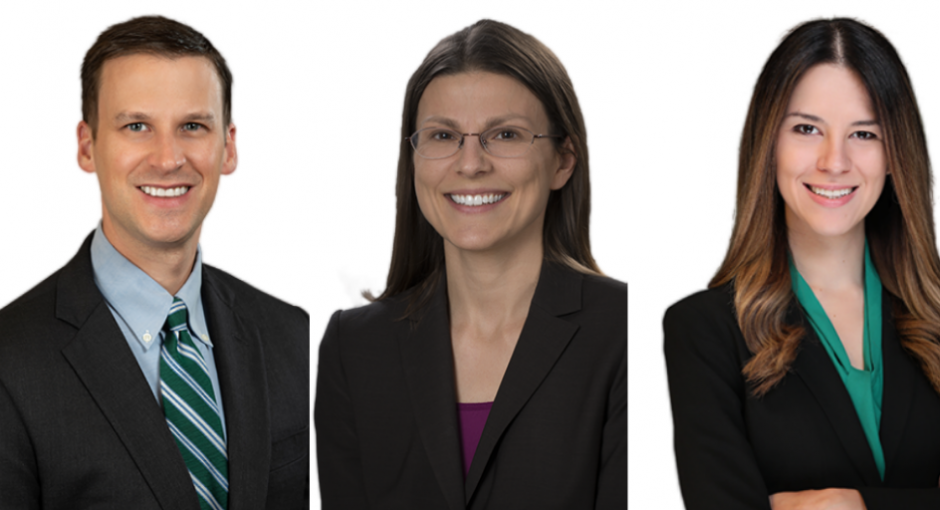A recent U.S. Supreme Court decision is spurring more states to enact laws banning pharmacy benefit managers (PBMs) from reimbursing 340B pharmacies less for prescription drugs than non-340B providers, health care lawyers say in a new paper.
According to the backgrounder published by the American Health Law Association (AHLA), the high court’s unanimous decision last December in Rutledge v. Pharmaceutical Care Management Association was “a significant win for pharmacies and health care providers with pharmacy operations, and particularly providers participating in the 340B program.” K&L Gates attorneys Donald Walker, Leah D’Aurora Richardson, and Victoria K. Hamscho wrote the paper for AHLA.
In Rutledge, the Supreme Court upheld an Arkansas law requiring PBMs to reimburse pharmacies at a price equal or greater to than the pharmacy’s wholesale cost. The court concluded that the federal Employee Retirement Income Security Act (ERISA)—a sprawling piece of legislation that governs most components of group health insurance plans—does not preempt state laws like Arkansas’s that regulate PBM business practices.
As a result, lawmakers in eight states have recently drafted bills that address 340B two-tier pricing, according to the AHLA paper. Three states have already enacted such laws.
Indiana enacted HB 1405 in April, which bars PBMs from entering into any agreement that discriminates against a 340B covered entity, including the imposition of discriminatory fees, or interference with an individual patient’s decision to receive a prescription from a 340B pharmacy. In May, Arkansas enacted HB 1881, which prohibits any discriminatory contracting against a 340B covered entity. It also bars drug manufacturers from interfering with the operations of 340B contract pharmacies.
Also in May, Tennessee enacted HB 1398, which bars the assessment of any fee, chargeback or any other financial adjustment on a covered entity due to its participation in 340B.
Michigan, Hawaii, Nebraska, Kansas, and Vermont have also introduced bills similar to the Tennessee legislation.
Six states had already enacted laws addressing two-tier pricing prior to the Supreme Court decision. They are Minnesota, South Dakota, West Virginia, Montana, Oregon and Utah.
“As covered entities continue to engage with state policymakers arguing that that such pricing violates the intent of the 340B program, the Supreme Court’s decision in Rutledge will have a significant impact on the nearly 40 state laws regulating PBMs and the number of state laws prohibiting PBMs from engaging in 340B program two-tier pricing,” the AHLA briefing noted.
However, it did conclude with a caveat: While the Rutledge case cleared up the issue of ERISA preemption, it did not address the impact of Medicare Part D.
“Accordingly, the status of 340B reimbursement statutes may still be subject to Medicare Part D preemption challenges,” the briefing observed.


